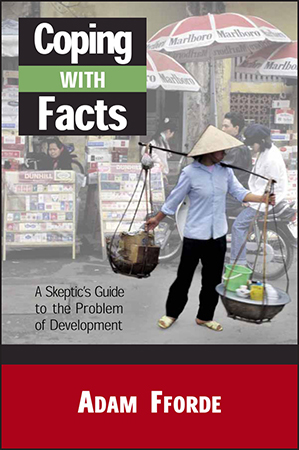Students and practitioners confronting the mass of competing assertions in the development literature—replete with contradictory "truths"—may well become frustrated. Adam Fforde offers guidance for the perplexed through a penetrating critique of that literature, presenting strategies that will help readers to evaluate the contending solutions to problems of development. Fforde supports his analysis with detailed case studies of development projects in the Philippines, Thailand, and Vietnam.
Adam Fforde is professorial fellow at the Victoria Institute for Strategic Economic Studies, Victoria University.
"A refreshing read.... For anyone disenchanted with current development thinking, or for students studying development theory, this interesting book breaks away from the orthodox conceptions.... [Fforde] should be applauded for writing a book that so goes against the grain; he draws out crucial implications for development thinking that all too often are ignored or rejected as nonacademic."—Roger Chao, Agriculture and Human Values
"A provocative publication, which surely enriches the debate in the field of development studies."—Journal of Current Southeast Asian Affairs
"[Fforde's] radical critique of development economics and policy suggests a number of ways to cope with the ensuing noise, and as such should significantly contribute to the creation of a better and more honest mainstream."—Review of Radical Political Economics
"Adam Fforde's book unpacks familiar development prescriptions to reveal the implicit assumptions about agency, intentionality, and causality behind the whole development 'industry.'"—Robert Wade, London School of Economics








